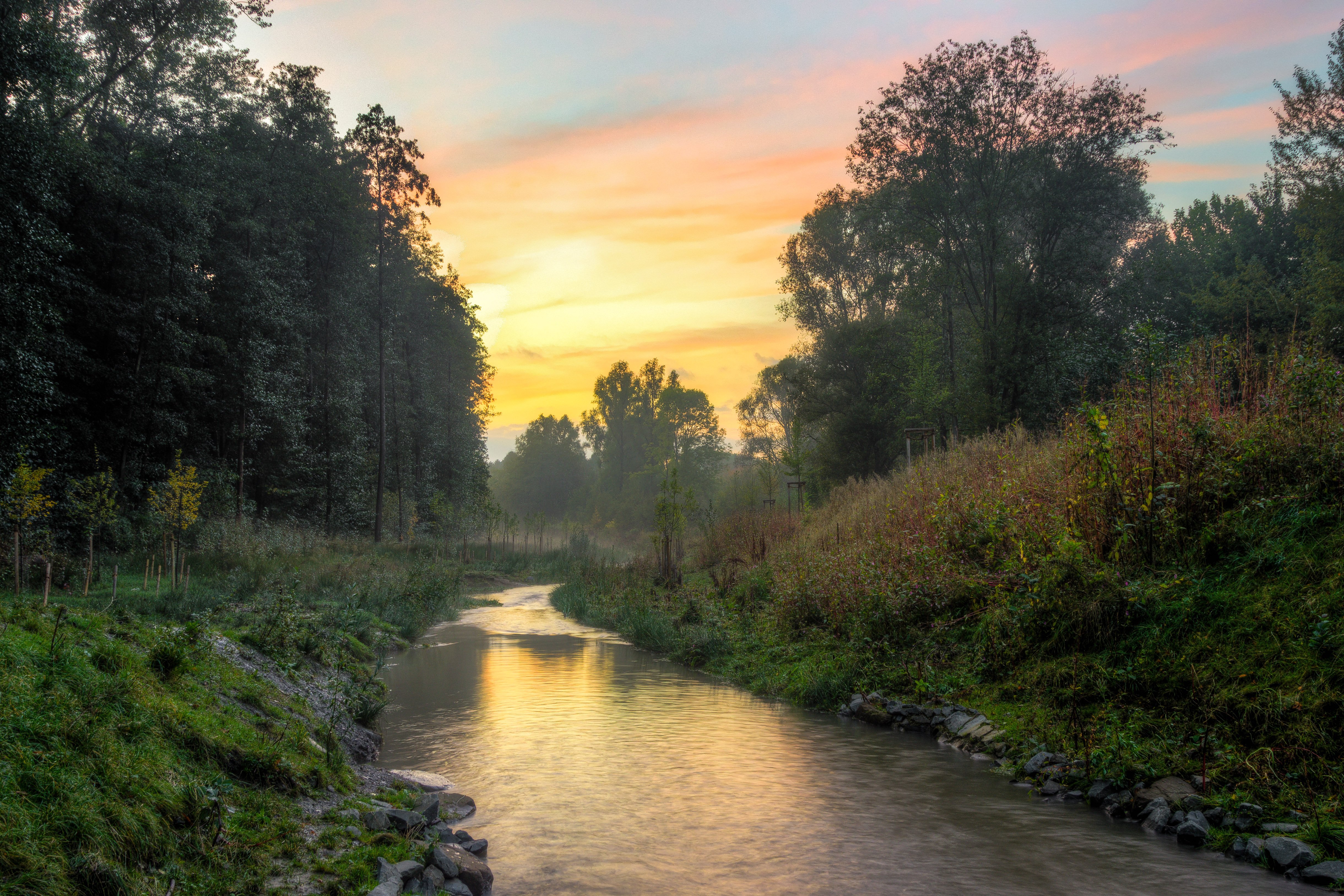
The Emscher Future Master Plan (2006 to 2020) is an intersectoral and intermunicipal planning instrument that guided the restoration of the Emscher river in the state of Northrhine-Westphalia in western Germany. The plan was developed over a two year period in a bottom-up manner by the winners of a public competition held by the local water management association, within an intensive regional dialogue and large stakeholder participation and ultimately agreed upon by all relevant political actors. The plan serves as the governance backbone of the regional restoration process, responding to the river's high pollution and earlier conversion into an open sewage canal in one of Germany's most densely populated and industrialized urban regions. It provided a framework to enable informal coordination across relevant sectors and municipalities in the restoration activities, without replacing formal planning procedures that were already in place. As an adaptable planning platform, the plan was based on a consensus among stakeholders and created impetus for new projects.
